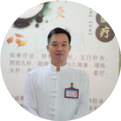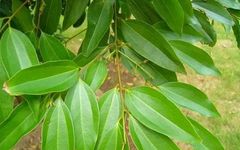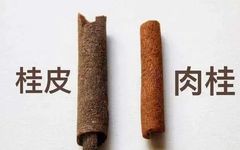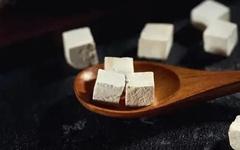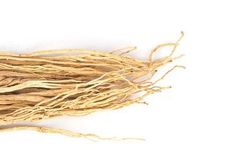Ten Methods of Supporting the Body and Expelling Evil to Treat Cancer
Supporting the body and expelling evil is an important principle in Traditional Chinese Medicine (TCM) for treating tumors. In TCM, the treatment of diseases relies on the formulation of herbal prescriptions, which must adhere to certain principles. “The main herb is called the monarch, the assistant is called the minister, and the envoy is … Read more

